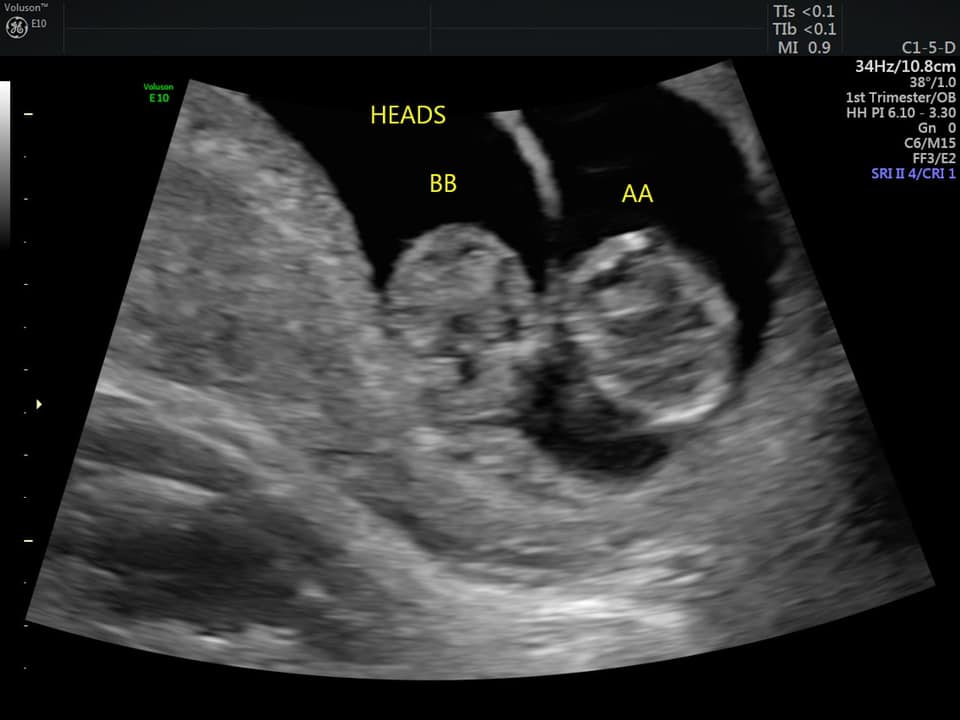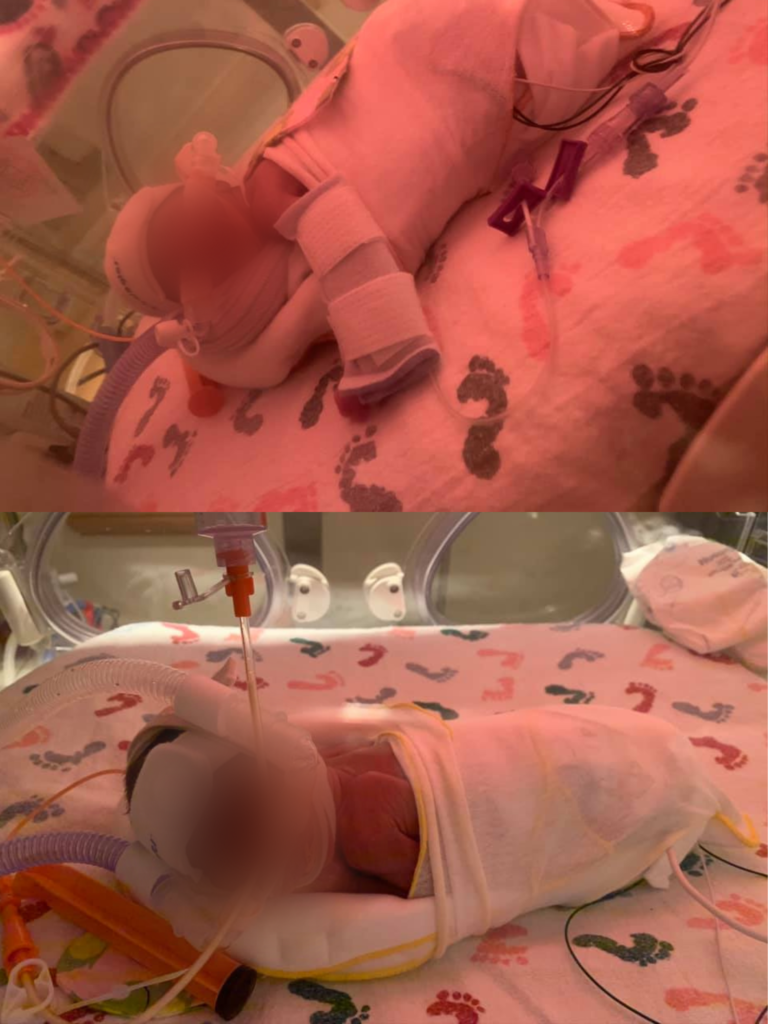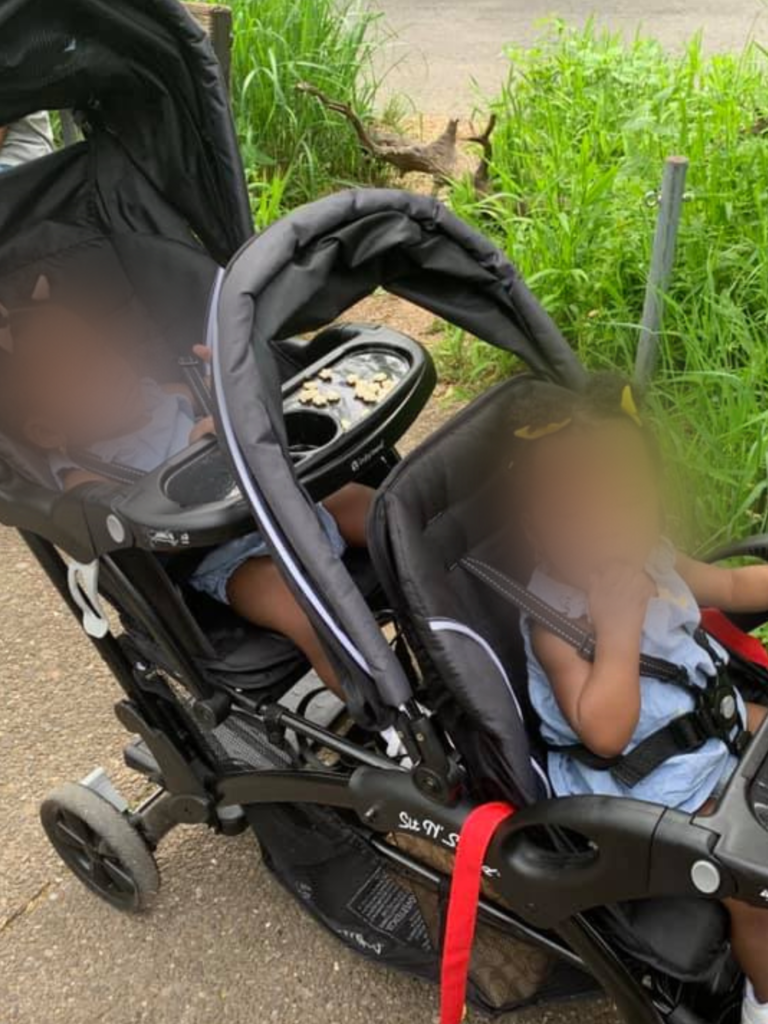Blog
World Prematurity Day: A Mother’s Love
A premature baby is one who is born too early, before 37 weeks of pregnancy. Each year, about 1 in 10 babies in the United States is born prematurely, March of Dimes shares. Premature babies may not be fully developed at birth. They may have more health problems and may need to stay in the hospital longer than babies born later. Thanks to advances in medical care, even babies born very prematurely are more likely to survive today than ever before.
Your baby’s healthcare provider may use these terms to describe your baby’s birth:
- Late preterm: Your baby is born between 34 and 36 completed weeks of pregnancy.
- Moderately preterm: Your baby is born between 32 and 34 weeks of pregnancy.
- Very preterm: Your baby is born at less than 32 weeks of pregnancy.
- Extremely preterm: Your baby is born at or before 25 weeks of pregnancy.

Having babies this soon can take a toll on the baby’s health and well-being, as well as the mother’s.
For Derria Watson, her pregnancy was an emotional roller coaster. She was ecstatic have to twin girls who were born at the beginning of the COVID-19 pandemic, a week after the first shutdown in 2020. Scared in the beginning, Watson began to eagerly for a pregnancy that last lasted 26 weeks.
Watson entered the Labor and Delivery Suite on March 23, 2020, and her daughters were discharged on June 29, 2020, from the NICU at Magee Women’s Hospital. The staff made sure that this family was well taken care of. When Watson was able to leave the hospital but had to leave her babies behind, she was afraid of receiving calls from the NICU because she didn’t want to hear bad news, and despite her own thoughts, the gracious staff constantly delivered good news and gave reassurance that the girls were progressing.
Derria says she was beyond blessed throughout her entire pregnancy to have my family and friends that helped her.
“My main support system who went through it all with me is my boyfriend, Amari. He went through it all with me and helped me cope with so much during it, especially during the pandemic. He has seen me at my lowest and helped me elevate to where I was able to handle this situation way better than expected. We experienced a situation together that no parent would want to watch their children go through. But we managed, worked together, and prayed every day until the babies were home with us.”
She also exclaims about the support of her family and friends.
“They were consistent with checking in on us and asking for updates on the girls. Being that it was the beginning of COVID, only me and my boyfriend were allowed into the NICU to see the girls, so we were lucky to have rooms there that had cameras to see the girls while there and we would give the online information to our parents so they could see them as well. I have two best friends, Malasia and Vania, that were so caring and understanding, especially when I would call late at night crying or just needing someone to talk to about the girls. I am grateful for everyone that made sure not just me, but my boyfriend and children were okay and well taken care of.”
Derria’s support system constantly made sure that she was okay through her pregnancy, until the present day.

She shares with ASCI that she knew that motherhood was not going to be a “walk in the park” nor easy to handle.
“I experienced post-partum depression, being my situation, and knew that I had a long road ahead of me. I worry about my girls daily, even when there is nothing to worry about.” She shares that her motherly bond while they were growing in the womb, was unexplainable. She read books, talked and sang to them, and prayed with them.
As a mother, you experience a different kind of love that you have for someone. Like of course I love my mom, dad, sisters, boyfriend, etc., but for my daughters, it’s an unexplainable love.
What mothers go through from the first day of finding out that they are pregnant, their mindset can change because it’s not just about the woman anymore, the baby becomes the priority.

Two years after their birth, Derria’s twins are doing great! She shares that they are growing at a great pace, learning daily, and becoming the “sassiest little women possible”. Since coming home from the NICU, they have been enrolled in various therapies such as developmental therapy, physical therapy, and occupational therapy. The girls have just started speech therapy as well and each of these services has helped their growth tremendously.
When asked if she had any advice for new and expectant mothers, she shares, “Don’t be afraid to ask for help!” Getting all of the help necessary for physical, mental, emotional, and spiritual health will work out in the end. Mothers should never stop asking for help until they receive the proper amount of help they need and have made a good change for the better. Derria shares that mothers should always speak up about their health and their child(ren)’s health and well-being.
She also wants mothers to constantly stay positive throughout their entire experience as much as possible because their children can feel when the mom upset, mad, and much more.
As for my preemie mommies, because the NICU is a battle like no other, always remember that you are not alone. Your baby/babies are stronger than you think and as long as your NICU team caters to your needs in regard to your child, they will do all things necessary to make sure they are well taken care of. It’s going to be scary, and you may feel hopeless because you won’t have your baby with you when they discharge you from the hospital or at night when you go to bed.
Self-guilt can play a big role in having your baby at an earlier date than expected. “I know that I went through it as well as jealousy, watching moms leave with their babies while I was only being able to visit mine,” Watson shares. She recommends that no matter how good family and friends can make for a support system, mothers need to receive outside help from a therapist or counselor throughout their experience of becoming a mother.
Additional help can make the motherhood experience easier to process when necessary. Thank you, Derria, for sharing your story with us!